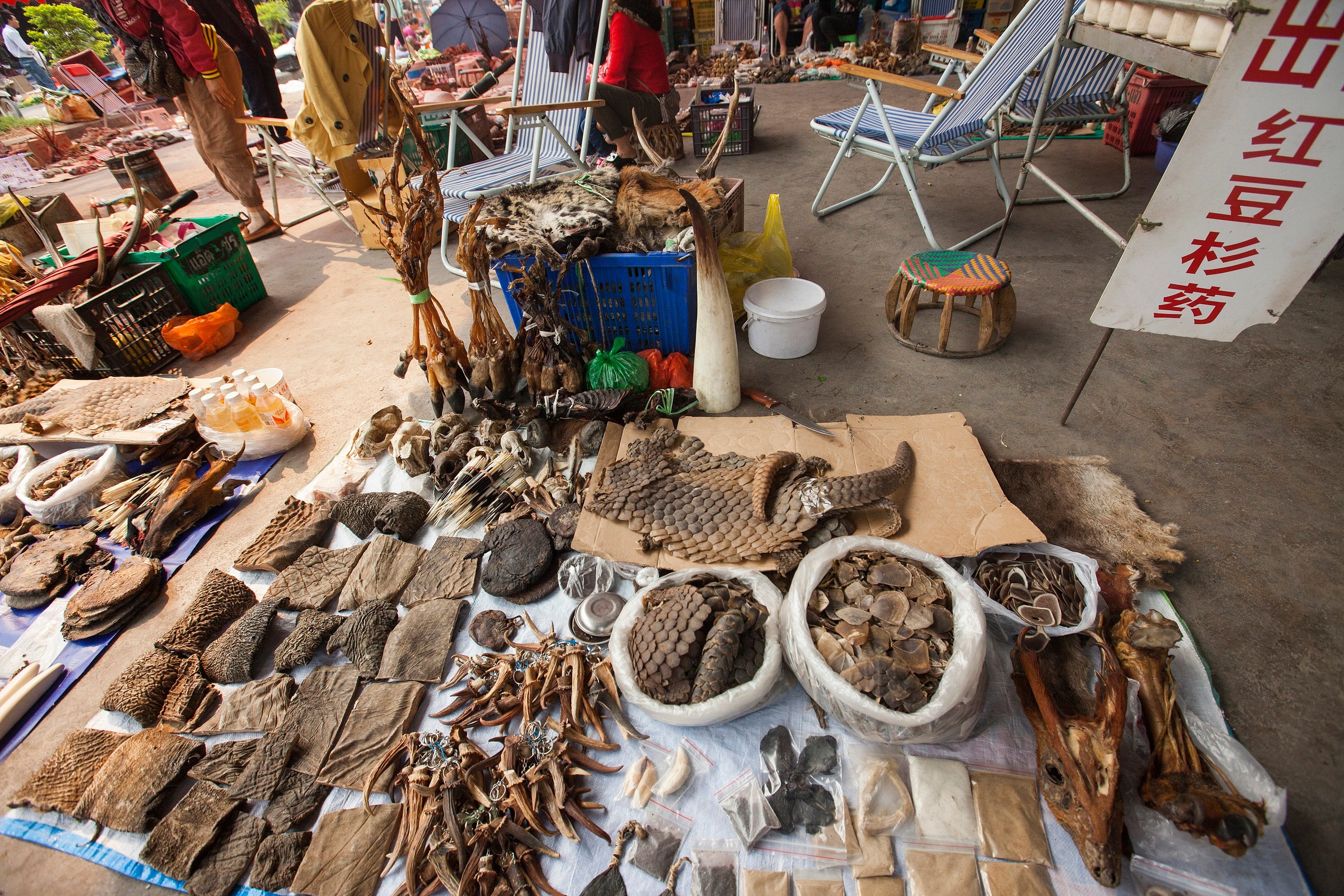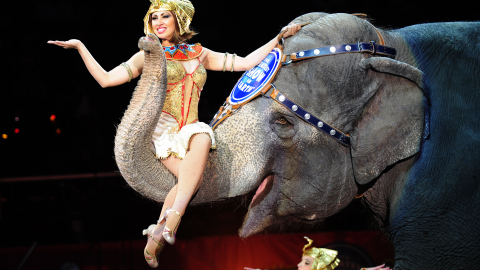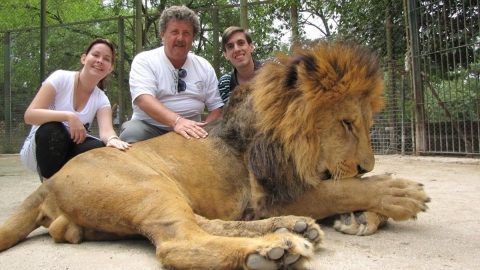global commitment
The "End the Wildlife Trade" (#endthetrade) coalition, formed by three organizations: WildAid, Global Wildlife Conservation, and Wildlife Conservation Society (WCS), aims to call for a permanent end to the trade and trafficking of wildlife, especially birds and mammals, in consumer markets through its website.https://endthetrade.com/Just over a day after its launch, more than 158 conservation organizations had signed the declaration to end this commercial activity, and CHANGE was one of the first organizations in Vietnam to sign it.
“Since Vietnam has always been a hotspot for the consumption and trafficking of illegal wildlife, I think now is the time for us to act decisively to end this situation,” shared Ms. Hoang Thi Minh Hong, Director of CHANGE. “I hope the Vietnamese government will soon issue a ban, both to protect public health and to clearly demonstrate our country’s determination to contribute to global efforts to prevent similar outbreaks in the future.”
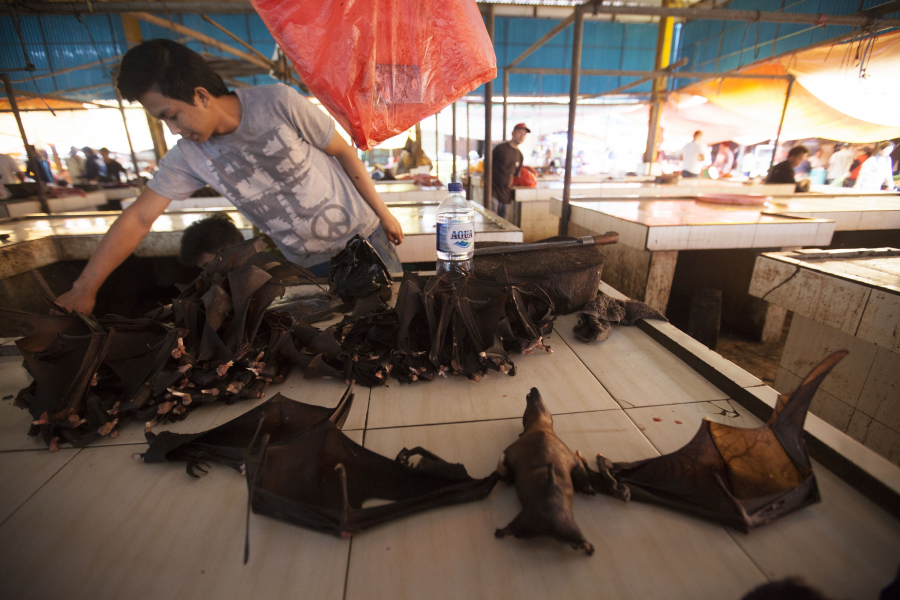
The Covid-19 pandemic is believed to have originated from bats sold at wildlife markets in Wuhan, China.
The #endthetrade alliance has also partnered with the European Commission to further strengthen the process of building a global network of voices on this wildlife trafficking crisis. Accordingly, the European Union has made a commitment to combat wildlife trafficking and implement the “Green Deal”.
1 million signatures needed to end wildlife trafficking.
With a goal of collecting over 1 million signatures, the #endthetrade coalition is calling on conservationists, scientists, policymakers, health experts, and the general public to join forces in driving a global paradigm shift to prevent future pandemics by signing the Declaration to End Trade.
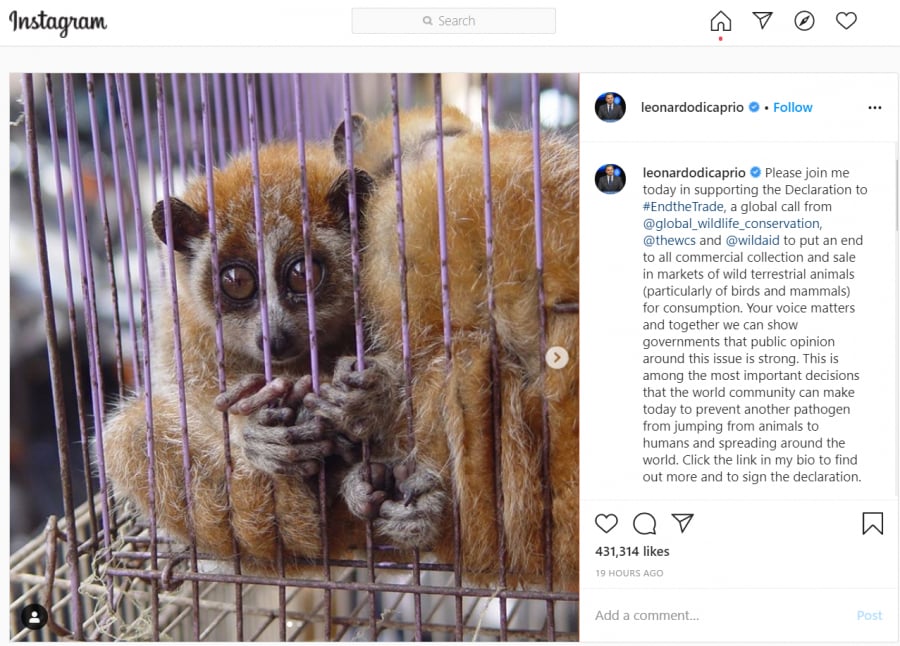
Leonardo DiCaprio was among the first celebrities to support the #endthetrade alliance's 1 million signature campaign.
Accordingly, this petition will be compiled and sent to the governments of various countries to call for: 1) The enactment of appropriate legislation to permanently end the trade and trafficking of terrestrial wildlife in markets, especially for consumption; 2) Empowering relevant agencies to enforce the law; 3) The development of ethical and equitable transition measures for those whose livelihoods are affected in the trade chain.
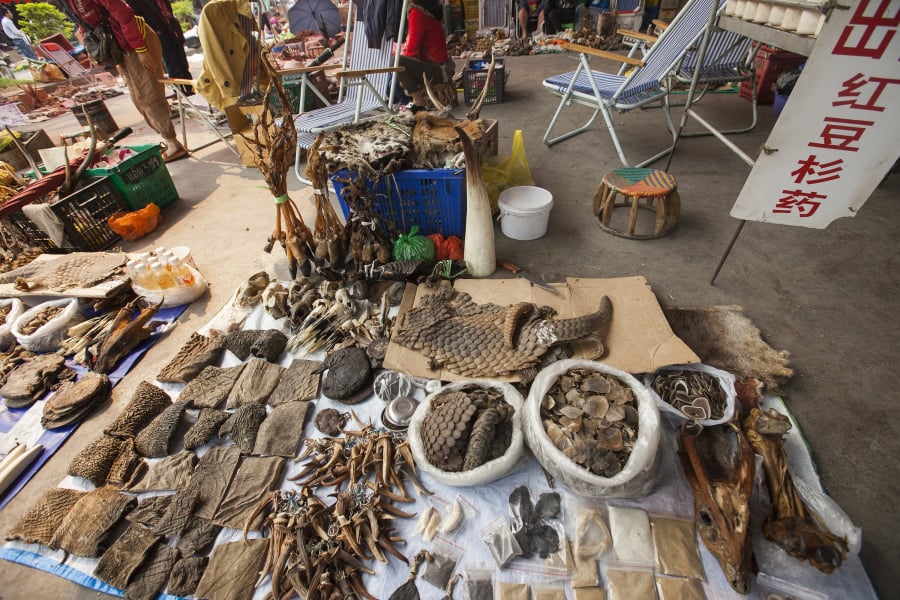
According to a survey by Peking University, among more than 100,000 Chinese residents surveyed, nearly 97% opposed eating wild animal meat.
Among the strategies outlined, the #endthetrade alliance is supporting nature reserves in improving management efficiency, helping to mitigate wildlife trafficking and the spread of wildlife diseases. This strategy will support field efforts to monitor and track disease outbreaks among frontline workers to ensure their health and safety, and reduce the risk of re-transmission into the wild, particularly to large primates, which are highly susceptible to infection. Additionally, this strategy creates a rapid response mechanism to maintain the livelihoods of vulnerable communities and rangers so they can continue to protect valuable ecosystems.
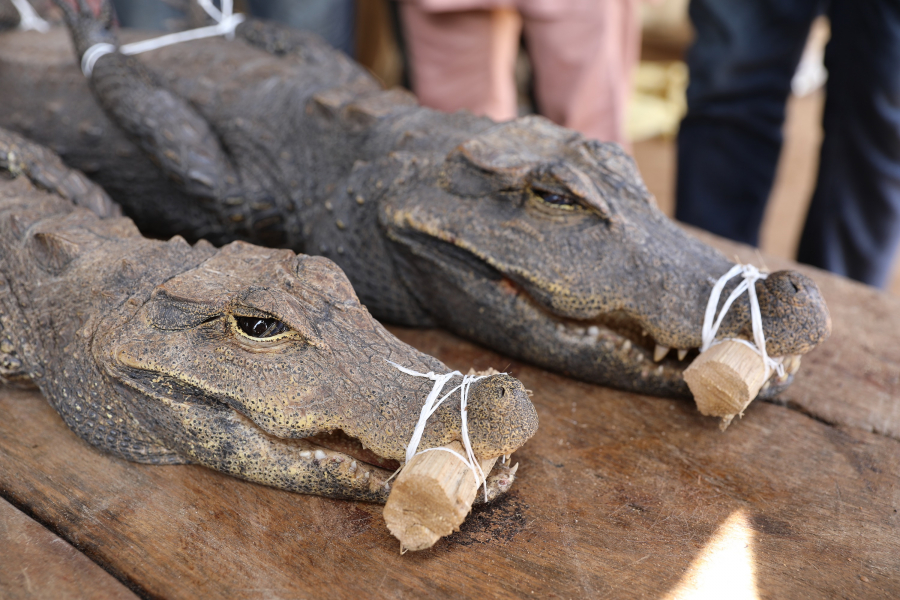
"If you care about your health, you should care about wildlife conservation," said Peter Knights, CEO of WildAid.
ADDITIONAL INFORMATION
- The coronavirus that causes Covid-19 is transmitted from a host with which it has lived symbiotically for millennia – likely a horseshoe bat – to humans through direct contact with the bat and/or its droppings, or through indirect contact with an intermediate host (such as pigs, chickens, or another wild animal) that has become infected from the bat and then spreads the pathogen along the animal trade chain.
- The recent coronavirus is just one example among a range of pathogens that infect humans originating from the trade in terrestrial wildlife or contact between wild and domesticated animals. These interactions often result in the transmission of pathogens that cause disease in humans, including AIDS, SARS, Ebola, avian influenza, swine flu, and other epidemics.
- According to reports from the Zoological Society of London and the Hanoi University of Public Health, zoonotic diseases cause more than two billion human illnesses and over two million deaths each year. Experts estimate that, of the 1.6 million potential viruses in mammals and birds, 700,000 could pose a future health risk to humans.

 VI
VI EN
EN



